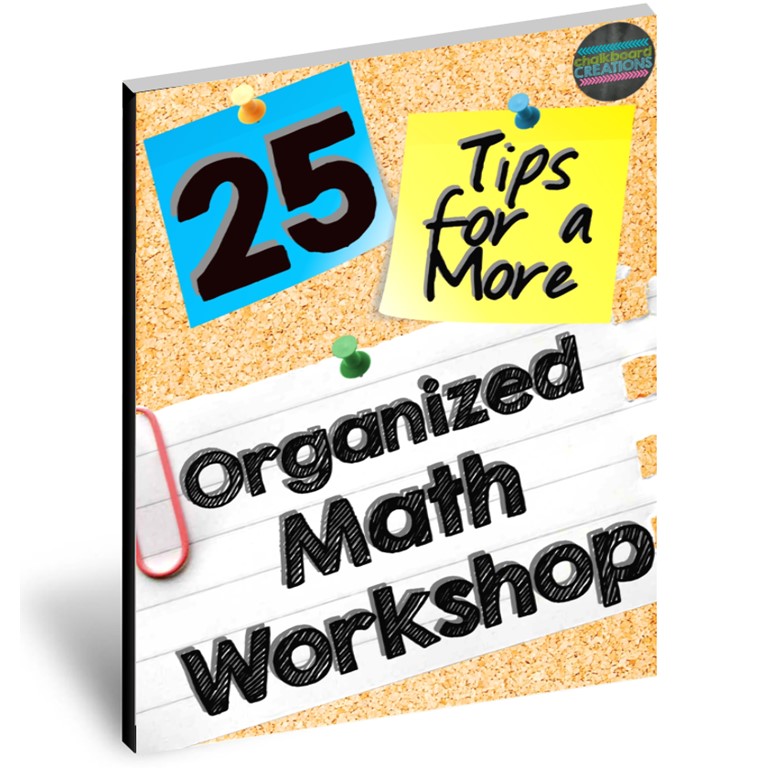Black Dating App Insights: User Experiences and Testimonials
Exploring the Cultural Nuances in Black Dating Apps
The tapestry of dating is richly colored by the cultural threads unique to the Black community, and nowhere is this more evident than in the digital courting arenas of Black-centric dating apps. Within these virtual spaces, tradition and modernity dance harmoniously, offering an experience drenched in cultural heritage. Users find themselves immersed in platforms where Afrocentric aesthetics aren't just an afterthought but are intrinsic to the design, giving them a sense of belonging and identity affirmation often lacking in mainstream dating services.
Profiles often shine a light on the diversity within the Black diaspora, from the way users showcase their hairstyles to the celebration of various body types, dismantling monolithic portrayals of Black beauty. The language too carries its own resonance; it's not uncommon to see vernacular specific to the Black community that doesn't require translation or explanation, fostering a sense of understanding and shared background. Moreover, these apps can become a nexus of socio-political discourse, offering a meeting ground for those who wish to connect with others who are not just like-minded but also similarly awakened to the issues affecting their community.
Then there's the nuanced approach to matchmaking - algorithms subtly tuned to recognize the multiplicity of Black identity and preference. These subtleties might manifest in the filtering options for ethnicity, allowing for a targeted approach while respecting the user's desire for a partner who can relate to their cultural journey. Through these lenses, Black dating apps do more than facilitate connections; they endorse cultural solidarity and the understanding that love, while universal, can carry cultural specificities that these platforms honor and amplify.
Real Voices: Success Stories and Challenges Faced
Navigating the maze of modern dating can seem daunting, but for many within the Black community, niche dating applications are carving out spaces that feel more like home. Among these, personal accounts and BLK app testimonials paint a picture that resonates with vibrancy and authenticity. Take Darnell, a 32-year-old from Atlanta, whose journey on Black dating apps culminated in finding more than just love; it led to a profound community connection. His experience is echoed by many who recount how these platforms help dismantle feelings of isolation by providing a culturally rich basin for black love to flourish. Yet, the journey isnt without its hurdles; users frequently grapple with instances of misunderstanding from those outside the community, and even within it, navigating differing expectations and experiences.
On the other side of the success stories are the challenges unique to the Black dating experience online. Accounts often surface regarding the complexity of finding genuine connections in lieu of fetishization, an issue that unfortunately plagues many users' experiences. And while apps like BLK aim to create a safe and welcoming environment, there remains work to be done. Users like Tasha, a healthcare worker from New Orleans, emphasize the importance of cultural competence and sensitivity from potential matches, which is not always a given. Despite these challenges, the resilience shines through in the testimonials. The shared journey toward finding companionship and respect weaves a common threada determination to redefine the narrative of Black love and the spaces in which it thrives.
At the convergence of hope and reality, the backbone of Black dating apps stands resilientsupportive of a journey that, while uniquely challenging, is equally rich in opportunity. The testimonials gathered do not just form a tapestry of tales but a roadmap for developers and users alike to build and refine a digital ecosystem sensitive to the myriad facets of the Black dating experience. They serve as potent reminders that at their best, these platforms not only connect individuals but uphold the vibrancy and diversity of the Black community itself.



